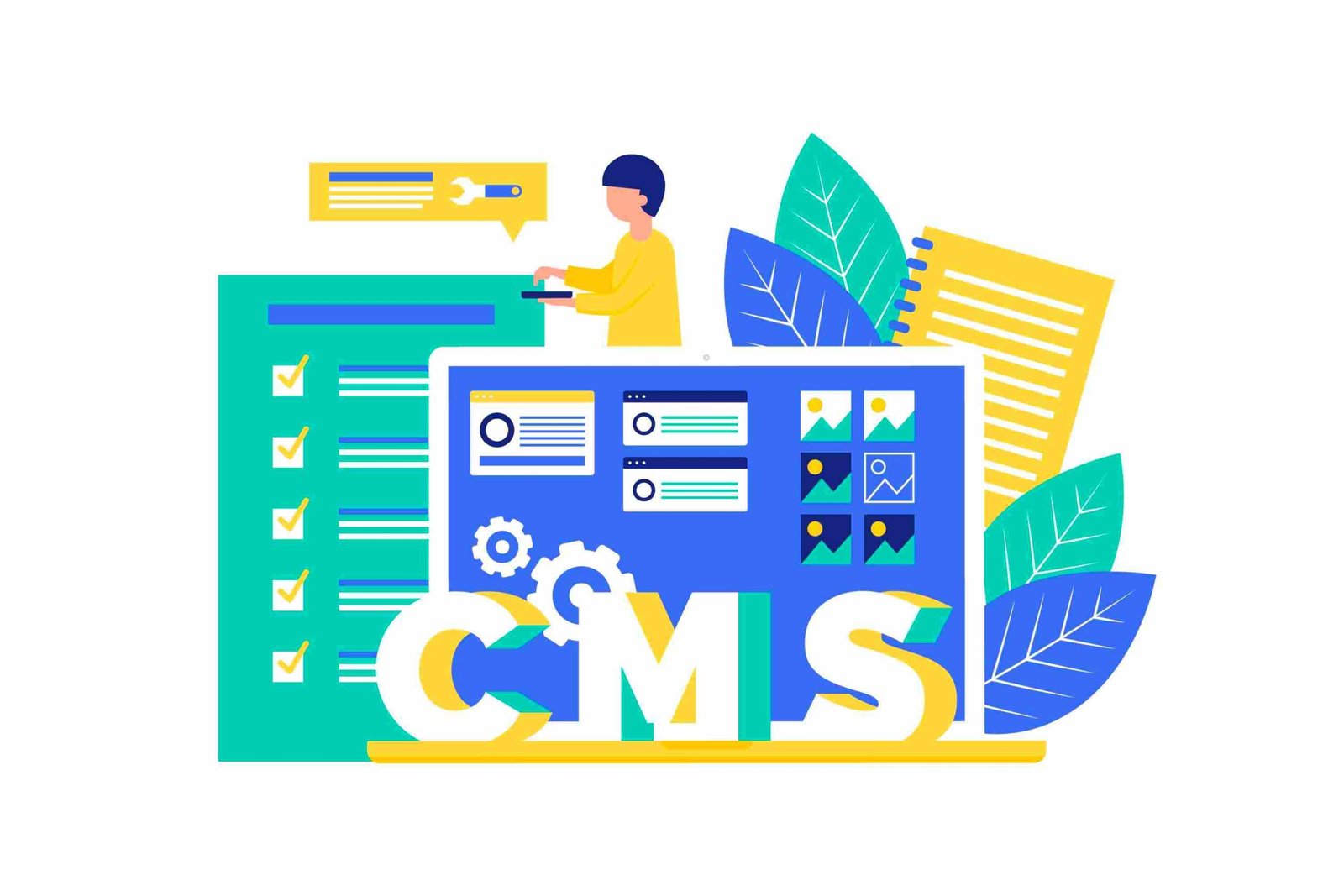In the modern digital era, a website’s speed and functionality are greatly influenced by the selected content management system (CMS). Knowing how CMS for website choice affects the speed and performance is critical as more companies and individuals want an online presence that is aesthetically pleasing and quick and easy to use. In this thorough investigation, we examine the variables that affect website performance and speed depending on CMS choice.
Comprehending the Performance and Speed of Websites
It’s essential to understand the relevance of website speed and performance before we go into the details. While website performance includes elements like overall user experience, scalability, and dependability, website speed is defined as how rapidly a website loads and reacts to user inputs.
The CMS's Impact on Website Speed
Website speed is significantly impacted by the selection of content management systems (CMS). Faster loading speeds can be achieved using an effective code structure and a lightweight CMS system. Enhancing website speed requires mobile optimization and integration with content delivery networks (CDNs).
CMS Architecture and Efficiency
A CMS’s underlying architecture significantly influences how quickly a website loads. Website resources are frequently handled more effectively by lightweight CMS frameworks, which results in quicker loading times. Website speed can be further improved by using caching techniques and an optimized code structure within the CMS.
Integration of Content Delivery Networks (CDNs)
The seamless integration of CDNs, which disperse website material across numerous servers worldwide, is a feature of many contemporary CMS platforms. For users in various geographic regions, this lowers latency and speeds up loading times.
Mobile Device Optimization
CMS platforms that give priority to mobile responsiveness and optimization help reduce loading times on smartphones and tablets, which is in line with the growing trend of using mobile devices for surfing.
Factors Affecting CMS Choice for Faster Websites
When choosing a content management system (CMS) for a website’s speed, factors including plugin administration, database efficiency, and mobile optimization come into play. Improved website performance can be attained by selecting lightweight plugins, using an optimized database management system, and using a content management system that emphasizes mobile responsiveness.
Management of Plugins and Extensions
Lightweight extensions and plugins make it possible to optimize website functionality without sacrificing speed. However, a website’s performance might need to be improved by the overuse of plugins or poorly optimized extensions.
Management of Databases
Large data quantities can be handled more skillfully by CMS platforms with sophisticated database manufacturers, Affecting CMS Choice for Faster Websites.When choosing a content management system CMS for website ‘s speed, factors including plugin administration, database efficiency, and mobile optimization come into play.
Case Studies and Benchmarks for Performance
Comparing the speed of websites built with WordPress and Joomla, considering caching strategies, plugin administration, and database optimization. Examining how the decision between Drupal and Magento affects e-commerce website efficiency and speed, emphasizing transaction processing and product catalog management.
Best Practices for Using CMS to Optimize Website Speed
Essential best practices for CMS-based website speed optimization include using regular performance monitoring tools, limiting HTTP requests, and optimizing media and images. Websites can improve user experience and achieve faster loading times by minimizing external resource usage, improving content distribution, and regularly checking performance metrics.
Frequent Evaluation of Performance
They are implementing reliable tools and analytics to track website speed indicators regularly as part of regular performance monitoring. These measures include page load speeds, server response times, and overall website performance ratings. Businesses can pinpoint areas for improvement and take proactive measures to boost website speed by routinely analyzing these indicators. This procedure guarantees that the website will always be responsive and effective, giving users a flawless experience.
Cutting Down on HTTP Requests
Reducing the number of HTTP requests is essential for improving the speed of websites. This entails simplifying the website’s layout and reducing the number of external resources—like CSS files, JavaScript libraries, and images—the website must load. Since each HTTP request delays the loading process, the website can load faster by making fewer queries. This procedure is particularly crucial for visitors with slower internet connections and mobile users, as it enhances user happiness and overall website performance.
Optimization of Images and Media
Techniques for optimizing images and media are crucial for increasing the performance and speed of websites. This involves adopting responsive design principles to guarantee that media assets adapt fluidly across various platforms and screen sizes, applying lazy loading to prioritize loading visible material first and using image compression to minimize file sizes without sacrificing quality. Websites can load faster, use fewer resources, and provide a smoother user experience by optimizing images and media files, especially for graphically rich content.
Conclusion
The speed and functionality of a website are significantly impacted by the CMS selected during the creation process. Businesses and developers may design CMS for website that load quickly and provide a seamless user experience by considering elements like CMS architecture, plugin management, database optimization, and adherence to best practices. Recall that the appropriate content management system (CMS) may hold the secret to achieving peak website performance in today’s cutthroat digital environment.

